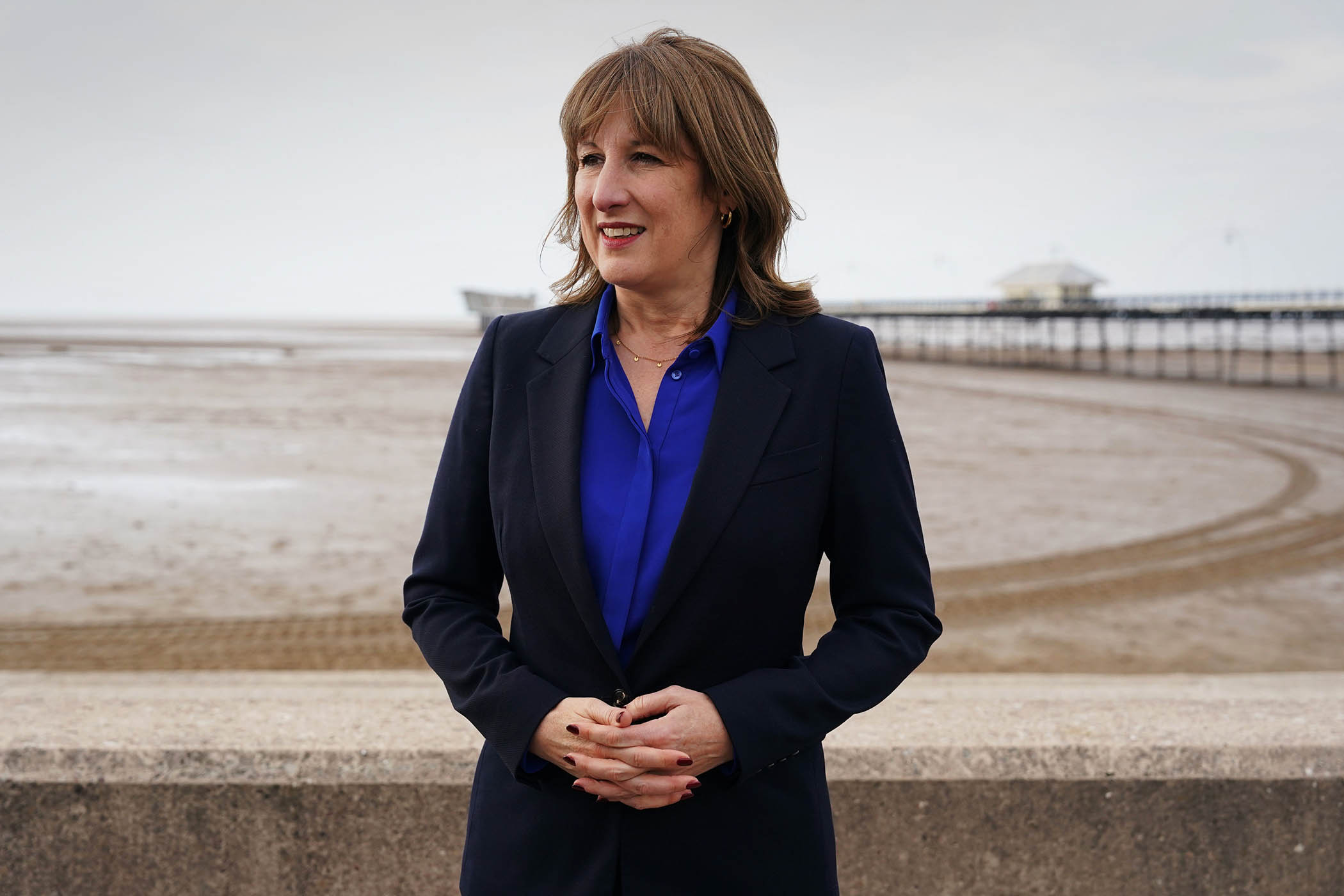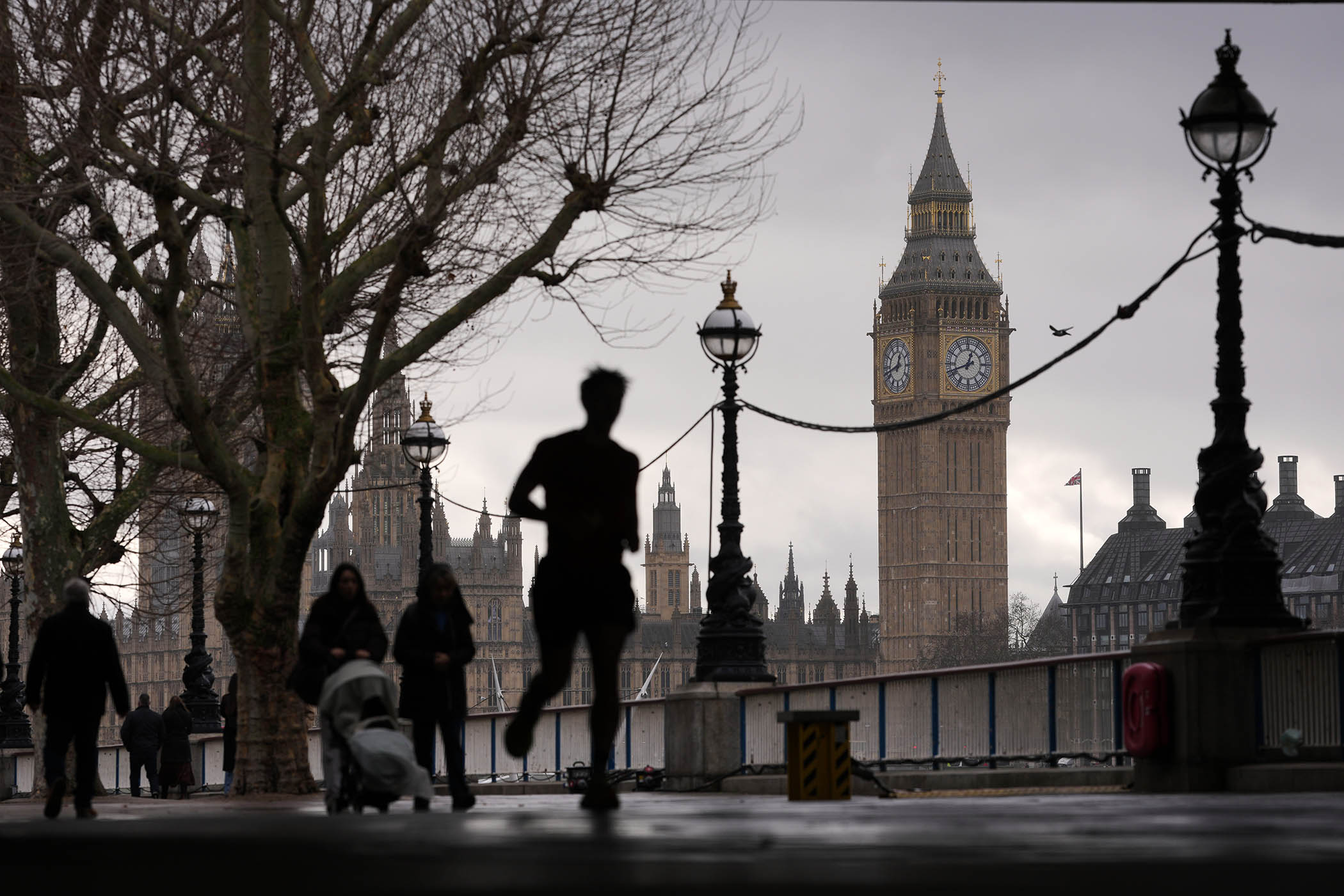Keir Starmer is being asked to make the speech of his life in Liverpool this week but it is Rachel Reeves’ words that will seal the prime minister’s fate.
The government’s fortunes depend far more on the chancellor’s decisions over the next few weeks than on the Labour leader’s rhetoric. Indeed it is the Budget on November 26th that will determine whether Starmer can win what he is pitching as his “fight for the soul of the nation”.
When Reeves addresses the conference today she will announce plans to offer guaranteed paid work to every young person who has been out of employment or education for at least 18 months.
The “real wealth is found not in the success of the fortunate few but in the talents of all our people”, she will say. Britain must be a country founded on contribution “where we do our duty for each other and where hard work is matched by fair reward” but also one based on opportunity “where ordinary kids can flourish, unhindered by their background.”
Reeves will tell the conference: “Just as the last Labour government, with its new deal for young people, abolished long-term youth unemployment, I can commit this government to nothing less than the abolition of long-term youth unemployment. We’ve done it before and we’ll do it again.”
With almost a million 16-24 year olds Not in Education, Employment, or Training (NEET), it is a noble aim. Reeves is absolutely right to say that she will “not accept that school pupils, full of promise, become adults, full of frustration”. When a third of teenagers effectively fail their GCSEs, and nearly one in five are persistently absent from school, the country is patently not capitalising on the potential of its young people, with catastrophic consequences for the economy and society.
I can commit this government to nothing less than the abolition of long-term youth unemployment
I can commit this government to nothing less than the abolition of long-term youth unemployment
Rachel Reeves
The New Deal programme, introduced by Tony Blair in 1998, got 250,000 young people off benefits and into work. Young people were given a personal adviser and employers received a subsidy for taking on a New Deal participant for at least 26 weeks. Evaluation studies showed that there was a 5 per cent increase in the number of young people going into jobs and 60 per cent of participants were retained following the subsidised employment period.
There was a crucial difference, however. Then chancellor Gordon Brown ensured that the New Deal was generously resourced. He announced a one-off £5bn windfall tax on privatised utilities companies to pay for the scheme.
This time around the Treasury is insisting that the programme must be funded from existing Whitehall budgets. Delivery will be led by the Department for Work and Pensions, “building on existing employment support and sectoral work placements”. It will be much harder for this more modest investment of money and time to have the transformative effect of the original New Deal.
That does not mean it is a bad idea, but the conundrum highlights the bigger problem that is racing down the track for the chancellor. The war in Ukraine and Donald Trump’s tariffs have created a much more difficult economic backdrop for Reeves than the one that existed when she took over at the Treasury. Analysts expect the Office for Budget Responsibility to downgrade its estimates for productivity ahead of the Budget, further weakening the public finances.
Newsletters
Choose the newsletters you want to receive
View more
For information about how The Observer protects your data, read our Privacy Policy
The chancellor is facing a black hole that experts say could be as high as £30bn. In the short term at least, she cannot rely on economic growth to save her, and she would find it politically difficult to reopen spending settlements with cabinet ministers. Indeed she is already being pressed by her colleagues – including the prime minister – to find an extra £3bn to end the two child benefit cap. Tax rises of some kind are coming down the track.
The chancellor has some difficult choices to make, but there is an equally important decision to make about how she explains those choices. Brown’s windfall tax on the privatised utilities companies was levied on what he called the “excess profits” these firms had made since privatisation. That made it popular. The fact that the money was being used to fund a programme for the young unemployed only made it an easier political sell.
Reeves could do something similar and slap a windfall tax on online gambling companies, to pay for reversing the two child benefit cap. There is also speculation that she will introduce some kind of additional levy on the banks. These would be relatively “easy” hits but they will almost certainly not be enough, especially if the chancellor wants to adequately fund programmes like the youth unemployment scheme she will announce today.
Some in Whitehall want Reeves to be bolder. Torsten Bell, the Treasury minister who is leading the budget preparations, and Minouche Shafik, the prime minister’s economic adviser, have both previously argued for an end to the pension triple lock which is becoming increasingly costly and unjustifiable. According to the OBR, the triple lock – which ensures that the state pension increases by whichever is highest of inflation, earnings or 2.5 per cent – is expected to have cost £15.5bn annually by 2029-30, around three times higher than initial expectations.
Meanwhile, Downing Street is looking at the options for reforming property taxes. Other ministers are pressing for a ring-fenced health and social care levy, similar to the one introduced by Boris Johnson.
Labour made a manifesto commitment to retain the lock, as well as ruling out increases in income tax, national insurance and VAT, but the government is operating in a completely different world to the one that existed when those pledges were made.
The dilemma for Reeves is whether to level with the voters...or to try and wriggle through the budget with a series of stealth taxes and tweaks
The dilemma for Reeves is whether to level with the voters...or to try and wriggle through the budget with a series of stealth taxes and tweaks
The dilemma for Reeves is whether to level with the voters, explain that times have changed and make a big argument about her priorities, or to try and wriggle through the budget with a series of stealth taxes and tweaks.
On Friday, I chaired a conversation between the chancellor and Kristrún Frostadóttir, the Icelandic prime minister, at the Global Progress Action Summit in London. Frostadóttir, who at 37 is the youngest leader in the world, is like Reeves an economist. She worked at Morgan Stanley before standing for Parliament four years ago then becoming prime minister in what is known in Iceland as the “Valkyrie government”, a coalition of three parties all led by women.
As a political outsider, she has decided that the only way to retain public trust in an age of cynicism about politics is to be frank with the electorate about the tricky trade-offs that are required. “I think it’s better if you just own it,” she said. “Sometimes you say it in a nice way, but you tell people how things are because then when you say something they want to hear they know that you actually mean it…It does give you some respect but it also makes you feel better because you’re confident that you are doing something that’s going to work out. So being genuine about things gets you ahead.”
I asked Reeves whether she agreed. “I’m chancellor in the world we are in, not the world we may wish it to be,” she replied.
Ian Forsyth/PA



